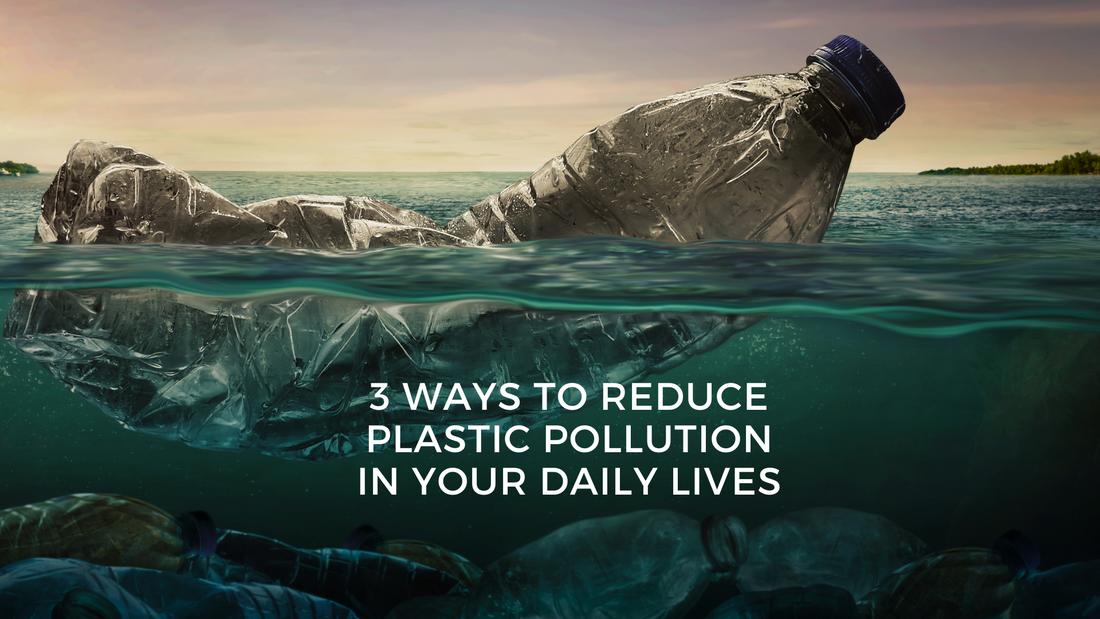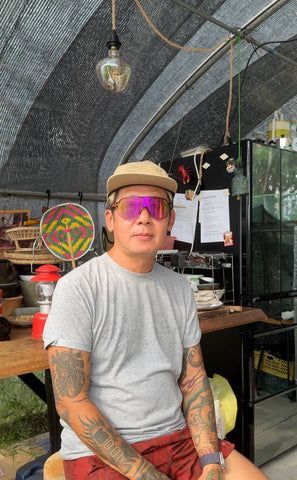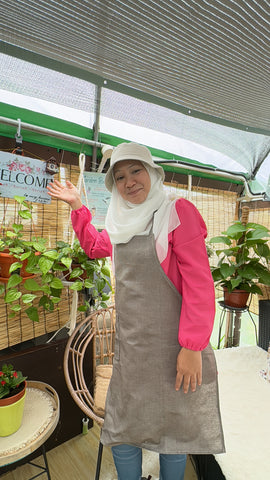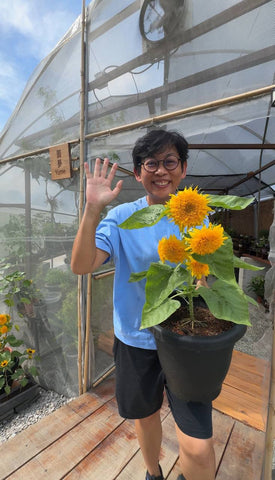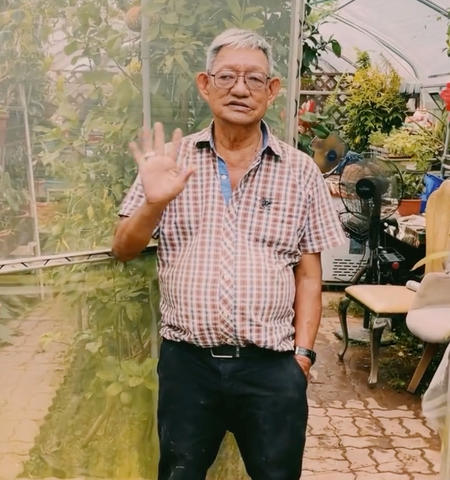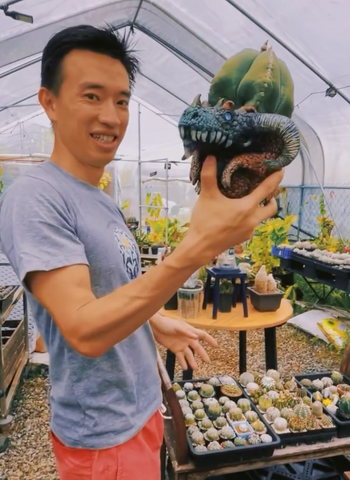As of 2023, Singapore contributes to a staggering 700 million kilograms of plastic waste every year, with that number steadily increasing as the months go by. This World Environmental Day, the theme is fittingly “plastic pollution”, a problem eerily floating behind our backs since the 2010s. Plastic pollution generally refers to the waste plastics in landfills, and the oceans, that result in damage to the environment due to their non-biodegradable makeup. You may have also heard of marine creatures ingesting plastics, leading to a long and painful death. Now imagine if you will, a young sea turtle, looking desperately for food. He stumbles upon what he thinks is a jellyfish, and joyfully eats it. Days later, he is found dead, on the shore with a large plastic bag in his stomach. Dreadful, isn’t it? We are all aware of these happenings, especially with the removal of plastic straws in our favourite cafes, so why is this still happening to turtles and other creatures in the world?
Many of us do not realise how much plastic is used in our daily lives, as we are desensitized to recognise the plastics in these items. Our toothbrushes, toothpastes, and even facial cleansers are almost always stored in plastics, yet we use and throw them away without care while scrambling to change our plastic straws to bamboo. Of course, it would be hard to forgo our favourite skincare routines just because of their packaging, so what are some ways we can properly reduce plastic waste in our daily lives?
Opt for zero-plastic packaging and products
As we have mentioned, the easiest way to reduce plastic waste is to not own single-use plastics at all. There are many brands right now that create storage products from non-plastic alternatives, such as rice husks, that can be used to store products such as skin care. Now you may be wondering, to buy skincare to begin with, you have to buy them in their original plastic containers, and even the refills are stored in plastic packages; so how will sustainable packaging help?
The answer is, to make your own skincare products. At City Sprouts, we often hold workshops to teach you how to DIY skincare and beauty products so you can keep both you and the earth beautiful. Using very common household materials, you can create DIY body scrubs and even DIY detergents that use zero single-use plastics.
Upcycle and re-use plastic packaging
If you are short on time in your daily lives, you may be unable to opt for making your own skincare all the time. Worry not, there are still other ways to reduce your plastic waste: by upcycling and giving your used plastics a new life. Many people do this with empty skincare tubs, using them to store new skincare or even jewelry.
An example of upcycling plastics is a self-watering planter, a DIY plant grower that as its name suggests, waters itself. City Sprouts also often offers workshops that teach you how to make your own self-watering planter from any plastic bottle in your home. In a similar fashion, home-made compost can also be made and stored in plastic bottles; all you need is a plastic bottle and some greens and browns.
Spread the word
Lastly, the most impactful way to reduce plastic waste is to spread the word and get more people to do the same. Despite all our individual efforts, the amount of plastic we can save is not even a fraction of the 700 million kilograms of plastic waste every year. However, as the saying goes “Together we can make a difference” By spreading the word about the dangers of plastic pollution and urging others to take the first step and reduce plastic use in their lives, our combined efforts can make a bigger dent in the growing plastic dumps around the world. Even if it's just a friend, a family member, or even a neighbour, let them know what they can do to help keep our earth alive and healthy.
With these simple steps, you too can start making a difference in the rising plastic pollution problem all around the world. If starting with these steps feel too daunting, start by simply noticing how much plastic you may already be using in your daily lives, and how you can apply these steps to reduce your current plastic waste issue.
City Sprouts also constantly hold workshops and events across Singapore to educate and promote a more sustainable lifestyle in our little red dot. Keep a lookout on our upcoming events page for any of our exciting events where you can be hands-on in learning how to stay sustainable with our workshops and friendly trainers. Learn more about City Sprouts vision and mission, or join us as a volunteer yourself! See you soon.
